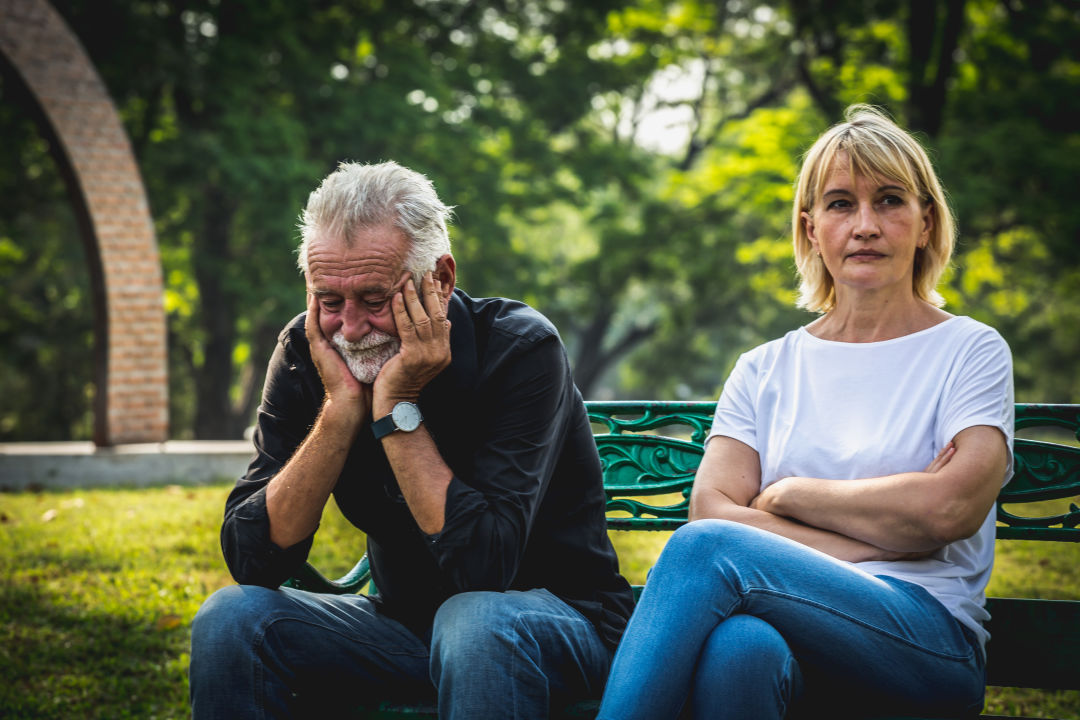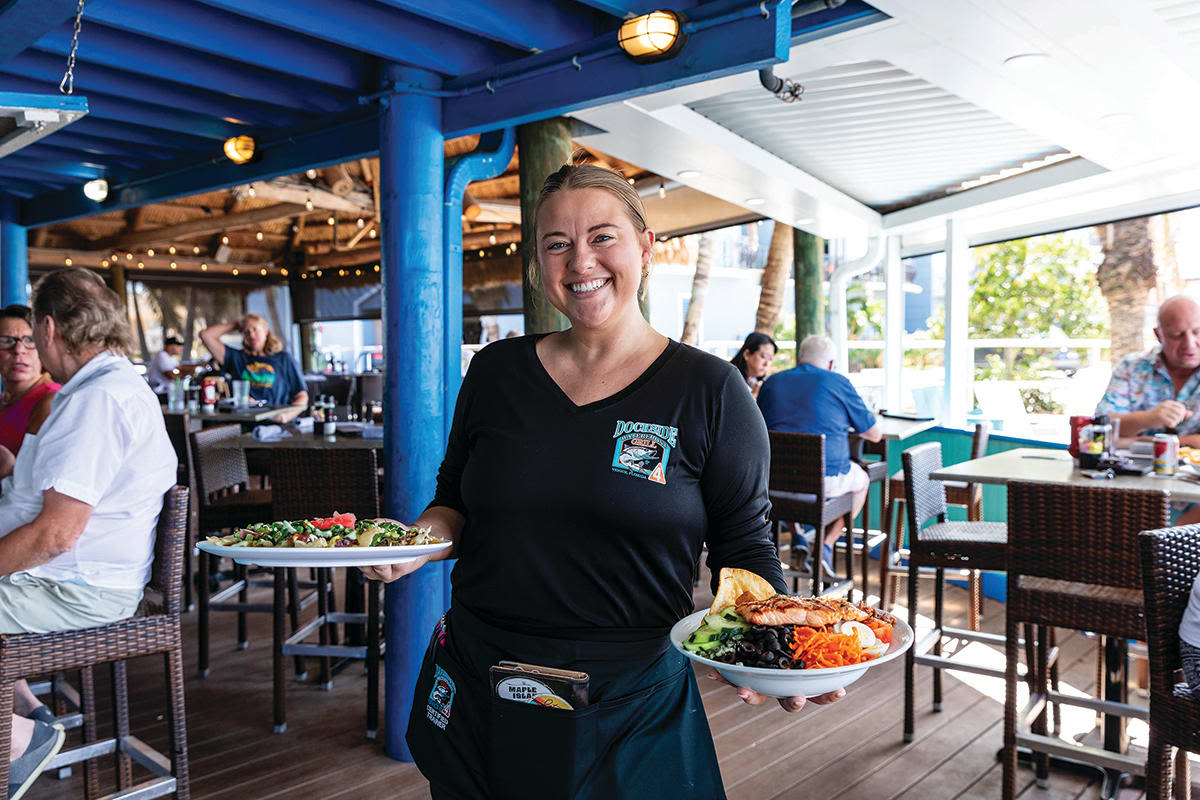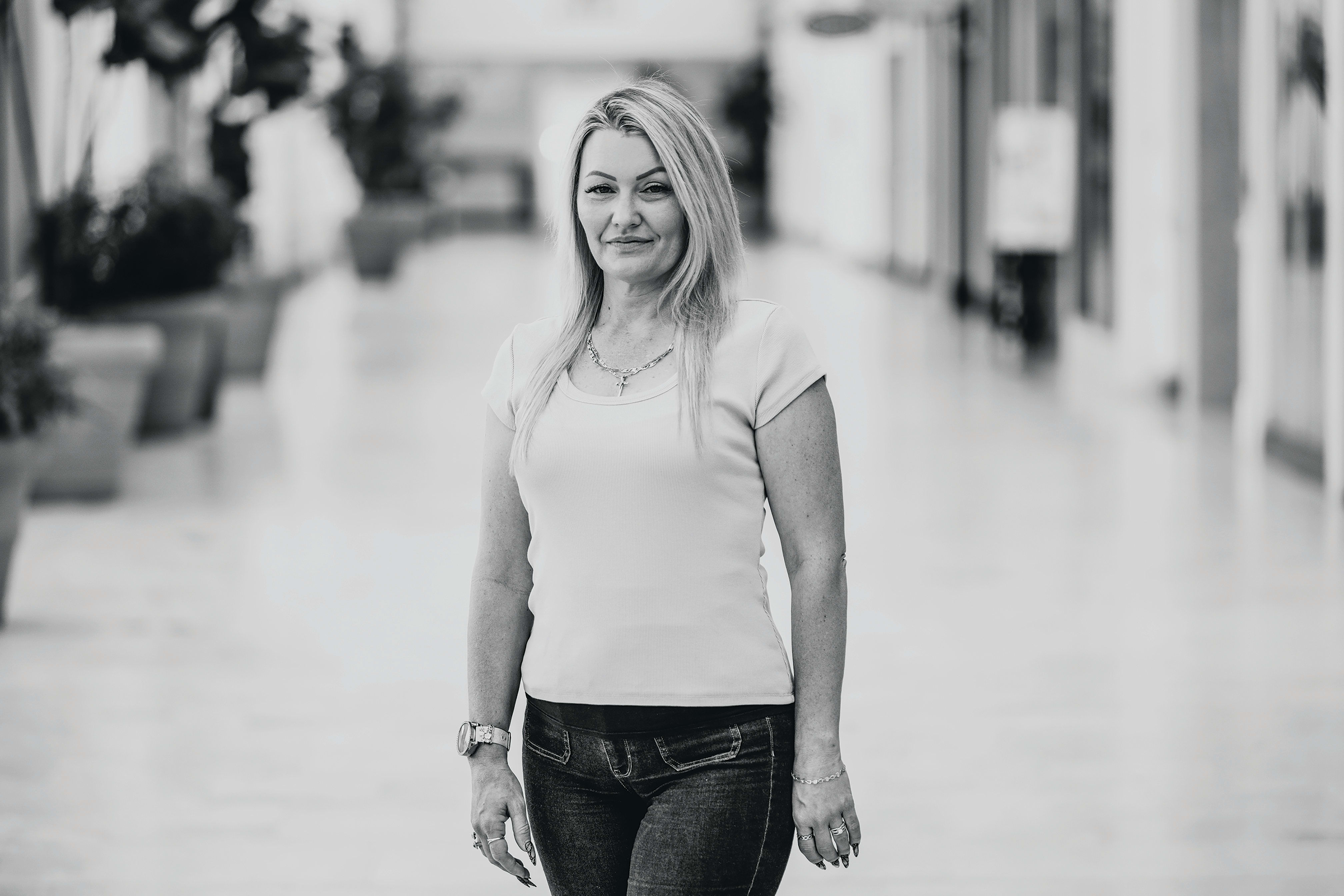Professor Offers Tips on Dealing With Relationship Conflict During the Pandemic

Image: Shutterstock
The stress and anxiety caused by the COVID-19 pandemic can overflow into every aspect of our lives. Because of health scares, job losses, money struggles and uncertainty over when schools and businesses will be back to normal, many of us are having a difficult time coping with ever-changing circumstances, and this stress can also put a strain on our relationships.
To help us cope, the Brain Health Initiative recently presented a webinar on "Love in the Time of COVID" presented by Dr. Joanna DeValia, a professor of psychology at Stony Brook University. DeValia shared her program, called "Romantic Competence," which helps partners overcome relational conflict and strain.
Here are some key takeaways from the webinar, and ways we can improve our interpersonal relationships despite our current challenges:
- DeValia says "balancing intimacy and autonomy, adaptively communicating and supporting one another and managing our own feelings" are three major challenges in relationships today. Because of the pandemic, we are spending a lot more time with our loved ones, which can cause friction in our daily routines.
- How can we strike a balance between quality time and time spent alone? Are we meeting our own needs, our partner's needs and managing our emotions in a healthy way? DeValia says that to solve these issues, we must use insight, mutuality and emotional regulation. "Insight provides awareness and understanding. We get to know ourselves and our partners better this way. Mutuality means acknowledging that both partners' needs are important, and communicating needs in a clear, direct way. Emotion regulation is more about the self-soothing relaxation techniques you can implement to keep yourself calm, and avoid acting impulsively in the face of relationship conflict," says DeValia.
- DeValia stresses the importance of self-care during the pandemic, so we can better care for our partners. Spend time observing your emotions and ask yourself why you're feeling a certain way. "If you are feeling particularly stressed or anxious about this situation, you are much more likely to bring these emotions into the relationship," she says.
- The pandemic is affecting everyone in different ways, so our emotional reactions will also differ. "Under extreme stress, people can act in ways not typical for them," says DeValia. "Ultimately, we have to allow space for one another's emotions during this time, and provide empathy."
To watch lectures from other entries in the Brain Health Initiative's Brain Boost series, click here.



